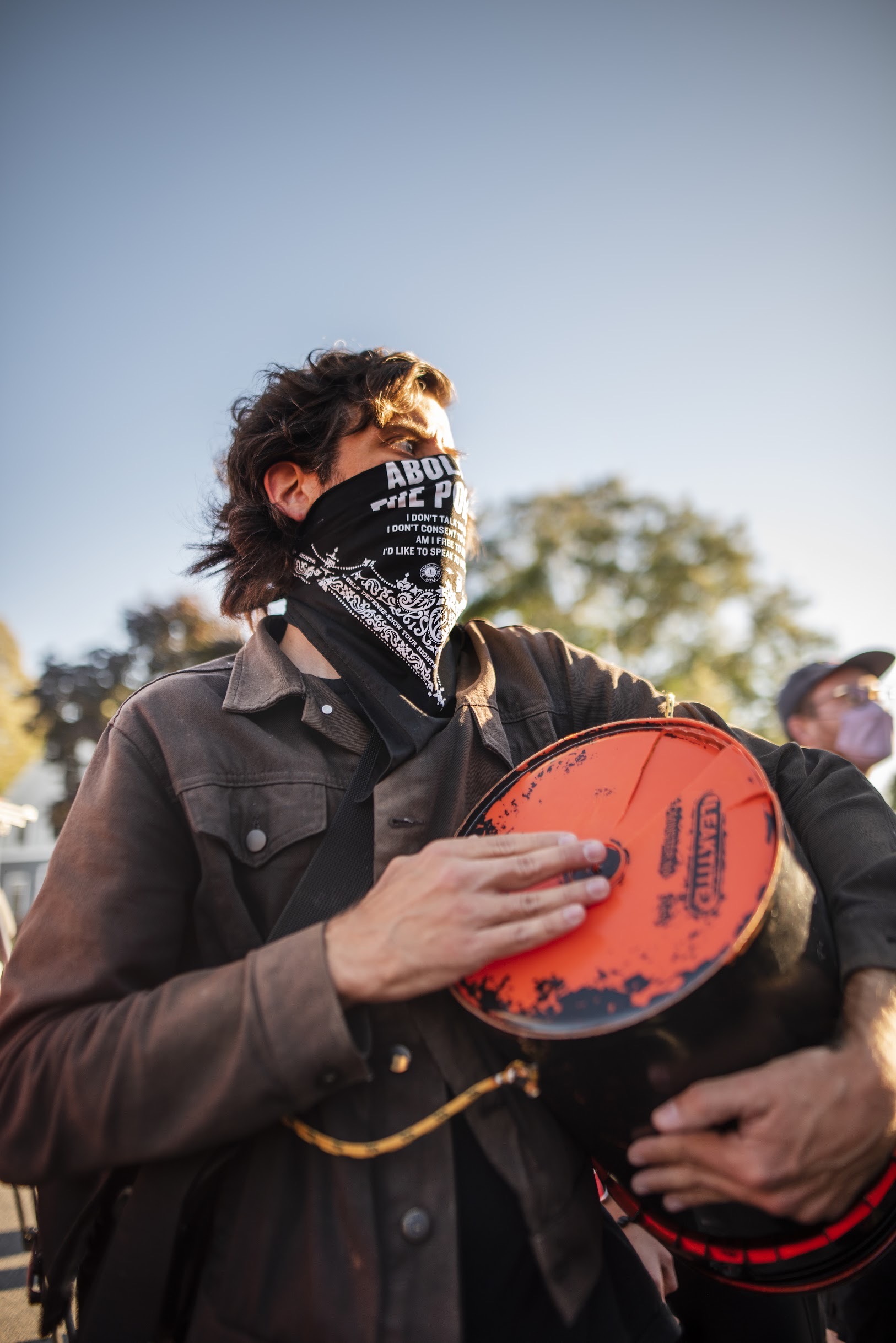A new study led by Tulane University backs up that view, revealing stark racial disparities across the U.S.’s petrochemical workforce. Inequity was especially pronounced in Louisiana, where people of color were underrepresented in both high- and low-paying jobs at chemical plants and refineries.
“It was really surprising how consistently people of color didn’t get their fair share of jobs in the petrochemical industry,” said Kimberly Terrell, a research scientist with the Tulane Environmental Law Clinic. “No matter how you slice or dice the data by states, metro areas or parishes, the data’s consistent.”
Toxic air pollution in Louisiana’s petrochemical corridor, an area often referred to as “Cancer Alley,” has risen in recent years. The burdens of pollution have been borne mostly by the state’s Black and poor communities, according to the U.S. Environmental Protection Agency.
Well I’m glad they’re confirming it again, but here in Louisiana we’ve known this for decades.
Thanks. That’s effectively what the article says. It’s confirming what locals have long known / suspected. Thanks for your perspective.
@SteveKLord
Why would any company hire people who are at risk of having greater medical expenses because of the toxic conditions the company creates in their community? That would increase employee health insurance costs for the employer. This is just sound business. /SSystem works as designed. What was the problem?
Having the jobs wouldn’t make it better.
Agreed but I don’t think that’s what the article is trying to say.



